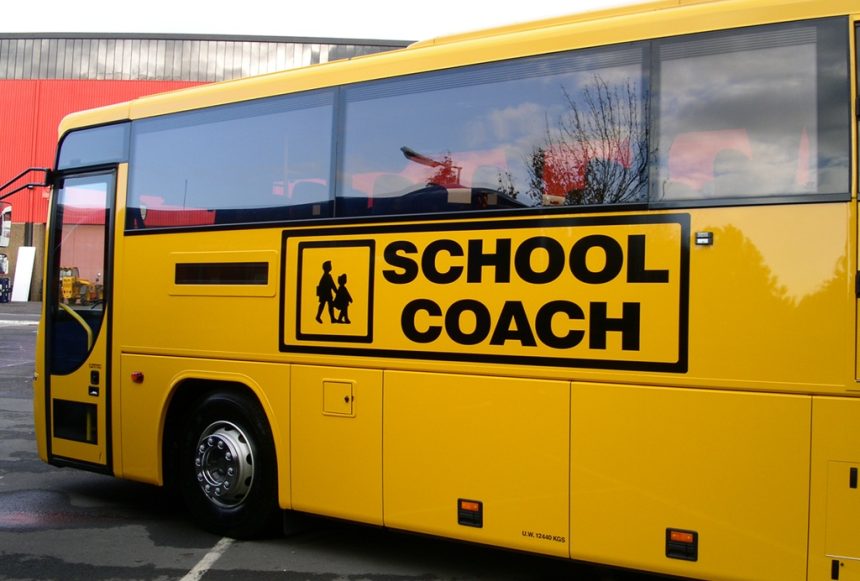That bus franchising is coming to England, Wales and potentially Scotland too is known and understood. But what its spread beyond Greater Manchester will mean for home-to-school contracts, that bastion of income for many operators, is less clear.
There they were wrapped into franchising. The outcome saw only one SME operator win home-to-school work under that new regime, leading to some significant adjustment for other such businesses in the conurbation. The overall picture for SMEs in non-school Bee Network contract awards was even worse.
When franchising in Greater Manchester was at its early stages, a reset to how home-to-school contracts in the city region are awarded caused some alarm about what the same approach elsewhere could mean for smaller businesses.
Conversely, home-to-school transport in Wales is outside bus franchising plans. Including it is seen as highly complex, although the oversight structure for reregulation of bus services in Wales differs to that in England. Learner travel contracts will thus continue to be awarded as normal by local authorities.
However, a Welsh Government aspiration is to “minimise” the number of closed-door home-to-school services that run parallel to the bus franchising regime and maximise student numbers on the public transport network.
While the importance of home-to-school contracts to the small operator landscape is recognised by Transport for Wales as a senior figure recently told a Senedd committee, its favoured direction for learner transport could bring upheaval for those businesses that do not bid for franchising contracts or are unsuccessful.
Logic behind a wish to carry as many students as possible on public services can be understood. Financial questions around bus franchising mean that maximising farebox revenue is imperative to long-term network sustainability.
That approach will concern some SME operators in Wales, although the country’s geography means that many home-to-school flows cannot be handled by anything other than dedicated trips, particularly in rural areas where public bus services are sparse.
Nevertheless, rollout in Manchester and policy in Wales signal how franchising could have an impact on the industry beyond the public transport network. In some areas, the simplicity of placing multiple education services via one contracting exercise might appeal to authorities that will grow to understand high value bus service tendering.
As with most things relating to smaller operators and franchising, the key lies in their ability to robustly participate. Legal specialist Backhouse Jones believes that with the right help and suitable structure to the bidding process, contracts are within many SMEs’ grasp.
Perhaps any decision to wrap home-to-school into franchising where it occurs may not thus automatically be bad for all independent operators. They are becoming more politically prominent in reregulation talk, and momentum is building for the depth of the bidding process to be commensurate with the size of the award.
The on-the-ground reality is also in play. In England, despite momentum for franchising in combined authority areas, the likelihood of it becoming the geographically dominant form of bus service delivery is remote.
The status quo will largely remain, and home-to-school services will broadly go untouched. Recent news of the government funding so-called “franchising pilot” work in five largely rural areas suggests that such authorities are not yet clamouring to do so on their own.
That aside, Greater Manchester and Wales give a strong hint that home-to-school markets in England, Scotland and Wales will not stay the same forever. While change (where it happens) could pose challenge to SMEs, it might also present opportunity.

























